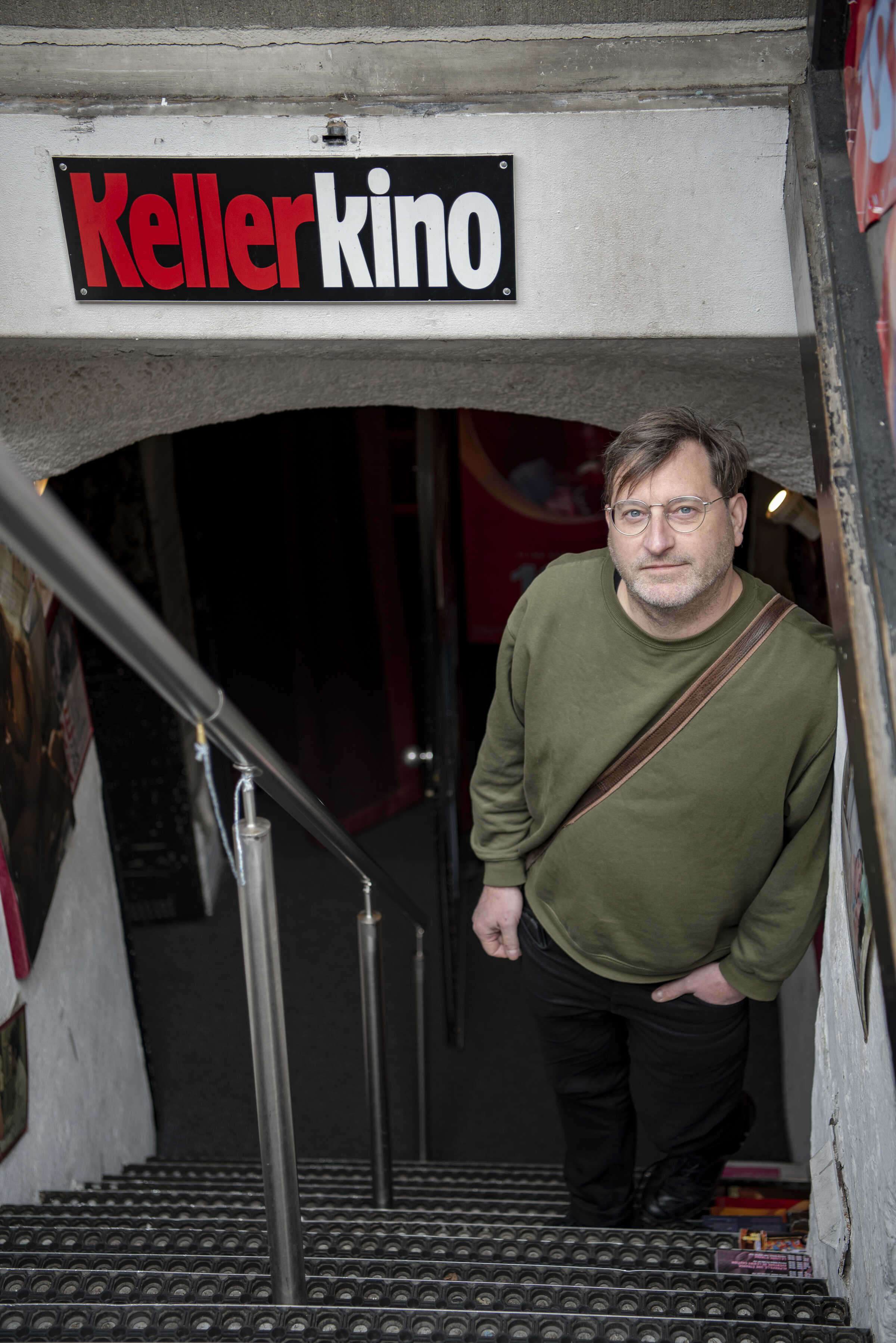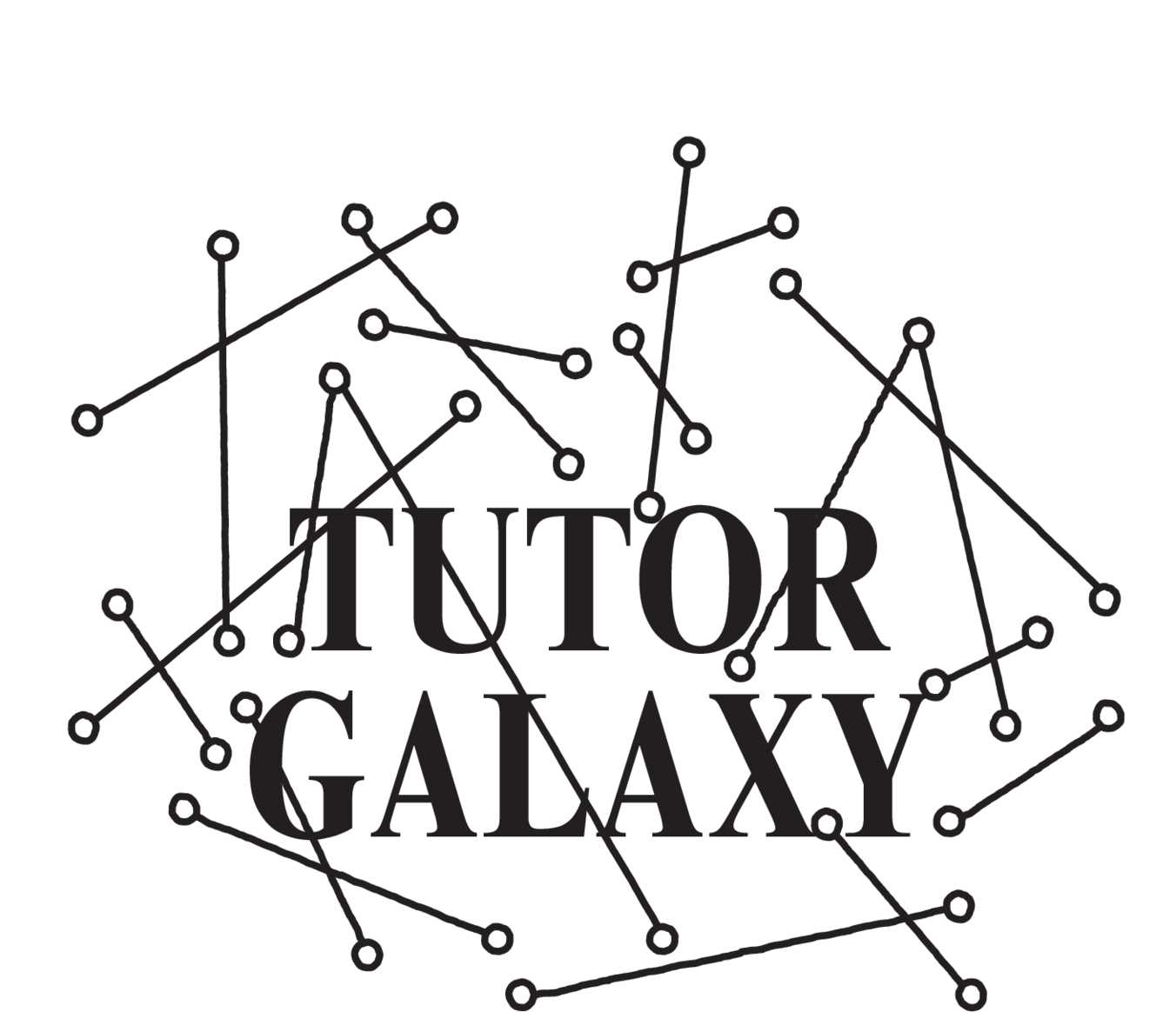Gilles Aubry
Gilles Aubry is a Swiss artist, musician and researcher based in Berlin. His practice draws on experimental methods and transdisciplinary knowledge from across the arts, humanities, and technology studies. His installations, films, performances, and radio pieces have been showcased at numerous international art institutions and festivals, including Marrakesh Biennale (2014), Documenta_14 in Kassel (2017), and Reina Sofia Museum in Madrid (2020).
He holds a degree in music performance and composition from HKB Bern, an MA in sound art from UDK Berlin, and a PhD in social anthropology from Bern University. His book Sawt, Bodies, Species (adocs 2023) offers a new narrative on sound and ecology in Morocco via a number of collaborative audiovisual essays. He teaches courses in artistic research, ethnography, audiovisual art practice, and critical AI in the SoundS Master program at UDK Berlin and in the Visual and Media Anthropology Master program at HMKW Berlin.
Recent art projects include The Gramophone Effect, a sound piece with Robert Millis and the Indian collective Traveling Archive, commissioned by Documenta 14 (2017, Kassel and Athens); Black Anthenna, a performance with Nathalie Mba Bikoro for the Tuned Cities Festival (2018, Messene); Salam Godzilla, a film essay shot in Agadir on the 1960 earthquake, premiered at FID Marseille in 2019 and showcased at HKW Berlin; Atlantic Ragagar, a film exploring ecological voices on the Moroccan Atlantic coast (Ji.Hlava IDFF 2022); The Whistle, a sound installation commissioned by OTO Sound Museum in Zurich (2022); and L’Makina (2023), a body of works exploring critical technical knowledge in North Africa commissioned by KW and IFA Berlin for the exhibition School of Casablanca.
As a musician, Aubry composes and improvises with field recordings, generative techniques, and modular synths. His records are available on Corvo, Antibody and other music labels.
Gilles@DAI:


